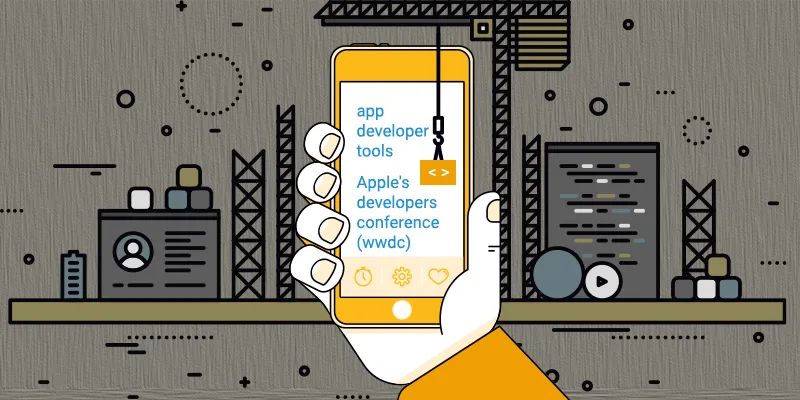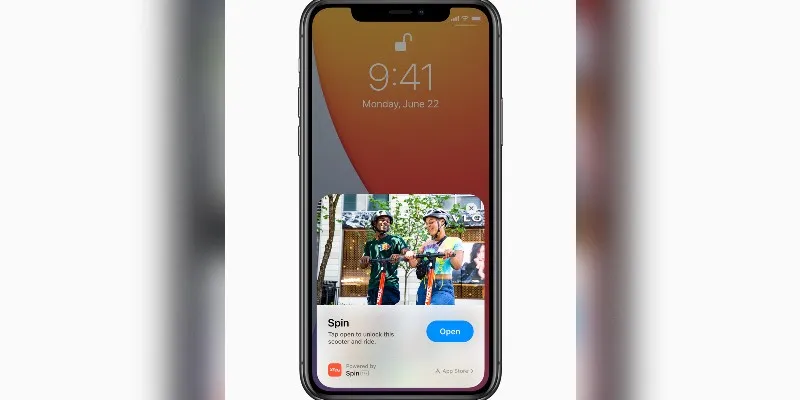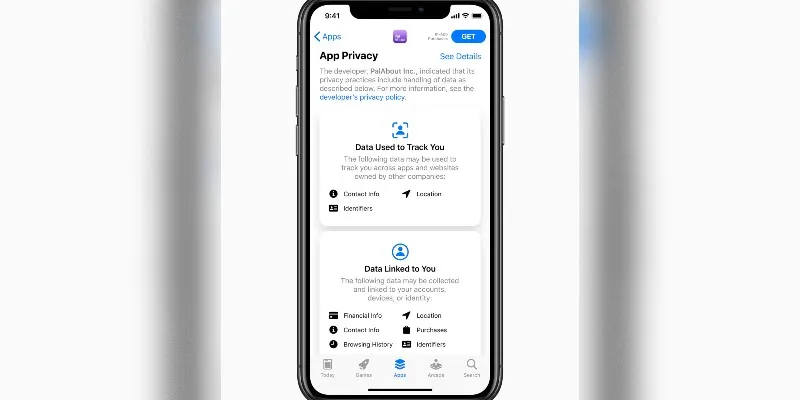[App Fridays] Apple introduces new tools for developers to get ‘more power’ at WWDC 2020
At WWDC 2020, Apple announced new tech and tools to “foster the next generation of apps”, further empowering the developers in its ecosystem.
This year, Apple’s signature annual event, the Worldwide Developers Conference (WWDC), was held online due to the coronavirus pandemic. Its first virtual-only event at this scale, the Cupertino-based company pulled it off flawlessly.

Tim Cook and several other top leaders of Apple showed up to announce all that the tech giant has been working on and will be launching for its developers and customer. All those tweaks and updates to the operating systems for iPhones, Macs, iPads, and Apple Watches, and even a new custom silicon chip to power Macs to replace its Intel-based processors.
While some couldn’t help pointing out that the iOS ‘updates’ have been present on Android for some time now, Apple’s new macOS Big Sur, the new chip, and its much-anticipated Digital Key certainly caused some buzz.
In this week’s App Friday, we take a closer look at some of these changes and new features, and what Apple has in store for its developers’ community. The tech giant announced several new developer tech and tools to “foster the next generation of apps”.
These include Xcode 12, new features in SwiftUI, App Clips, Widgets, more access to third-party apps, access to Apple’s platforms like Find My and HomePod, as well as a new App Store Review process that gives developers a way to “challenge” guidelines.
App Clips
The App Store is home to more than two million apps, and it can be a task getting your app spotted. With App Clips arriving in iOS 14 later this year, Apple hopes to give developers an option to introduce their app to users without them having to download it.

With App Clips, users can instead load just a small part of an app when they need it — similar to Android’s instant apps.
Apple says App Clips can be sent as links on iMessage, they can pop up as a suggestion, triggered by a visual code or NFC or even the browser and Siri’s Nearby suggestions.
Third-party apps
Developers can now work towards creating apps that can be set as default by users — a big change from the only Apple-built default apps. The company said that developers can now enable users to upgrade existing third-party app accounts to “Sign In” with Apple accounts.
By the end of this year, Apple will provide developers with even more ways to integrate their apps into core platform features to deliver powerful functionality in a way that also protects user privacy and security.
For instance, the “Find My” network will be open to third-party device makers with end-to-end encryption built in. HomePod is also getting a new program to integrate third-party music services.
Then, email and browser app developers can offer their apps as default options. And Safari for Mac is adding support for the WebExtensions API used by Chrome, Firefox, and Edge, making it easy for extension developers to work with Safari, and distribute through the Mac App Store.
For some time now, Apple has received criticism for demonstrating anticompetitive behaviour with respect to the App Store and how it does business with app developers. This is a welcome change as the company is finally letting developers dive into its ecosystem, which has been monopolistic for years.
PencilKit
The Apple Pencil is also undergoing some exciting changes. And to top that, the PencilKit will feature the newest breakthrough Scribble, which will allow developers to build new apps with text boxes or integrate the new Scribble APIs into their apps.
This will also mean that developers will be able to access ‘stroke data’ while handling both Apple Pencil input and system touch gestures.
Effective feedback from developers
Apple will also finally give more say to the app makers on its platform. With the introduction of two major tools, developers will not only be able to appeal decisions about whether an app violates App Store Review Guidelines, but will also have a mechanism to challenge the guideline itself.
Second, for apps that are already on the App Store, bug fixes will no longer be delayed over guideline violations, except for those related to legal issues. Developers will instead be able to address the issue in their submissions. This is supposed to be a historic change after much criticism from the developers’ community and even some public probes. Developers are really hoping that Apple is serious about reform, and about becoming their friend rather than foe.
The company also announced the launch of an online version of the App Store Lab to further support its developer community across platforms. In the past, Apple had an in-person App Store Lab for developers.
But this year, developers are encouraged to share their feedback at the virtual lab for improvements. The company is set to create additional channels for developers to share feedback during new developer forums that will be released throughout the coming year.
More communication with users
Developers can now better inform and educate users of their app’s privacy policies and privacy practices right in the App Store for users to review, including the types of data an app might collect, if this data is shared with third parties, and the option for users to opt out.

More customisable apps with Mac Catalyst
Debuted in 2019, Mac Catalyst made it easy for developers to bring their iPad apps to the Mac ecosystem. With macOS Big Sur, Mac Catalyst apps automatically inherit the spacious new design, while giving developers new APIs and greater control over the behaviour of their apps.
Now, developers can choose to keep their Mac apps scaled at a resolution to match their iPad apps, or take total control of their Mac interface to create a custom experience. They can also distribute their Mac Catalyst apps to customers across 175 countries through the Mac App Store, and let customers use apps and in-app purchases across Mac, iPhone, and iPad with universal purchase.
The verdict
Apple seems to have opened a lot for two-way communication in terms of listening to feedback. At WWDC 2020, the company seems to be leaning away from its monopolistic approach, hinting that Apple is finally going to give more charge to its developers’ community.
It will be interesting to see how Apple goes ahead with its plans and updates throughout the year, and how developers leverage these changes.
Edited by Saheli Sen Gupta


![[App Fridays] Apple introduces new tools for developers to get ‘more power’ at WWDC 2020](https://images.yourstory.com/cs/2/70651a302d6d11e9aa979329348d4c3e/app-friday1-1593096685418.png?mode=crop&crop=faces&ar=2%3A1&format=auto&w=1920&q=75)


